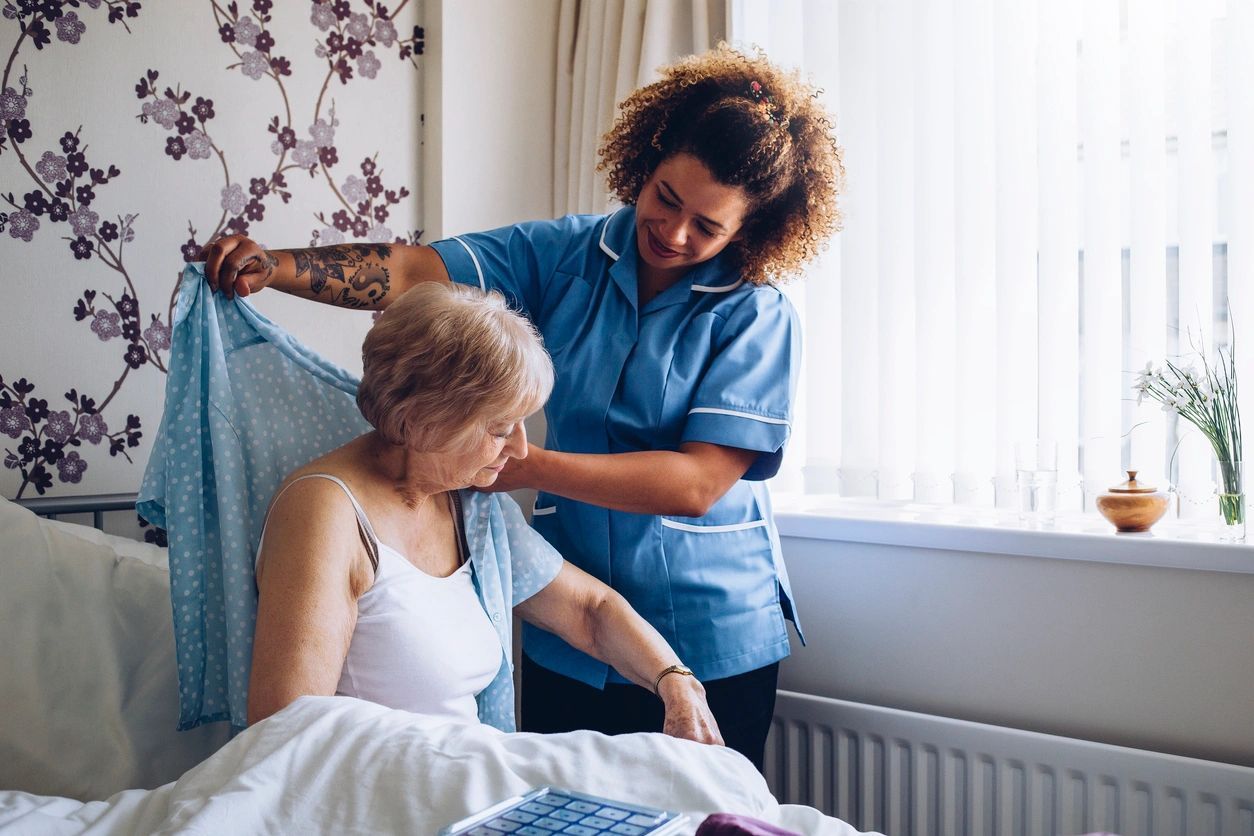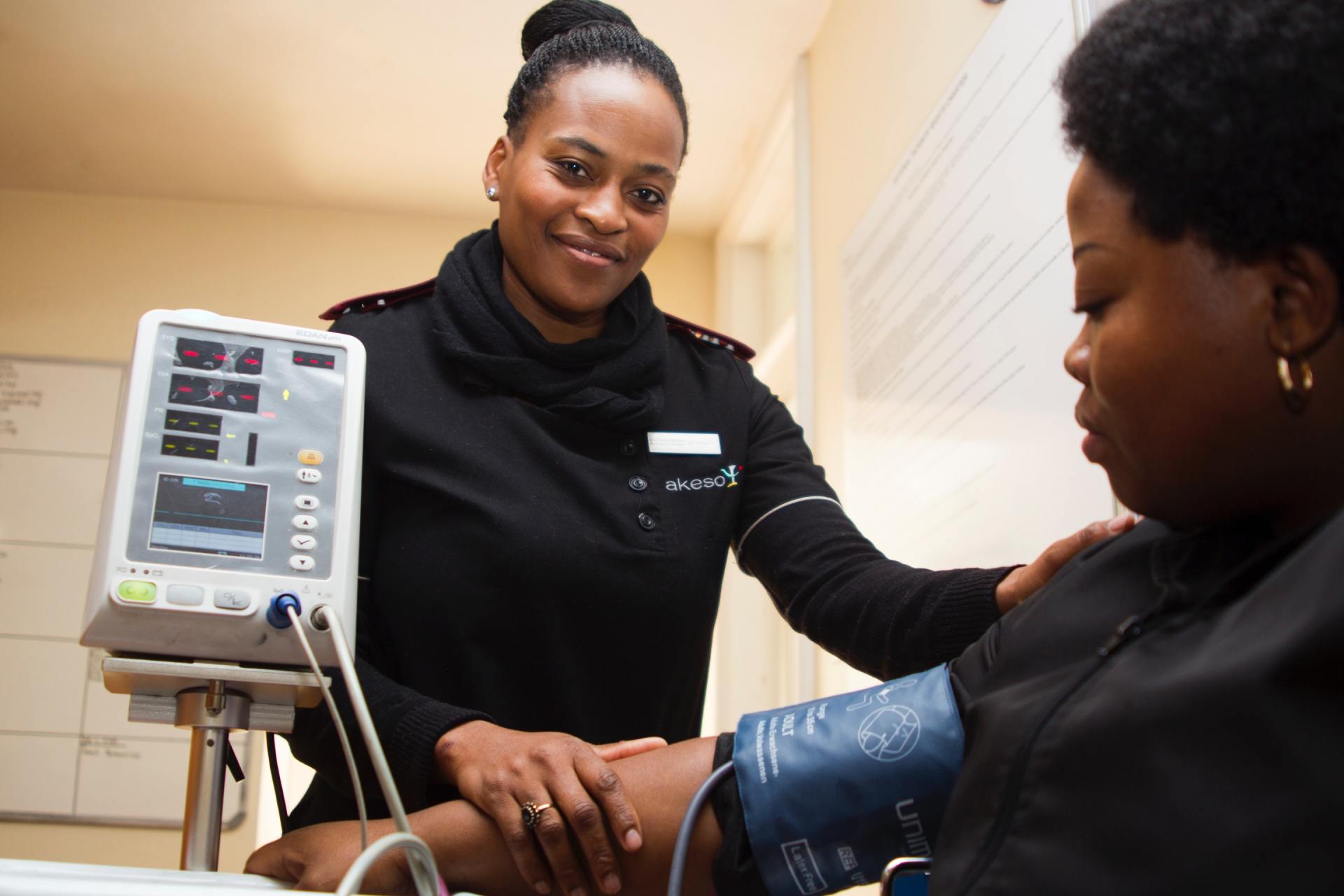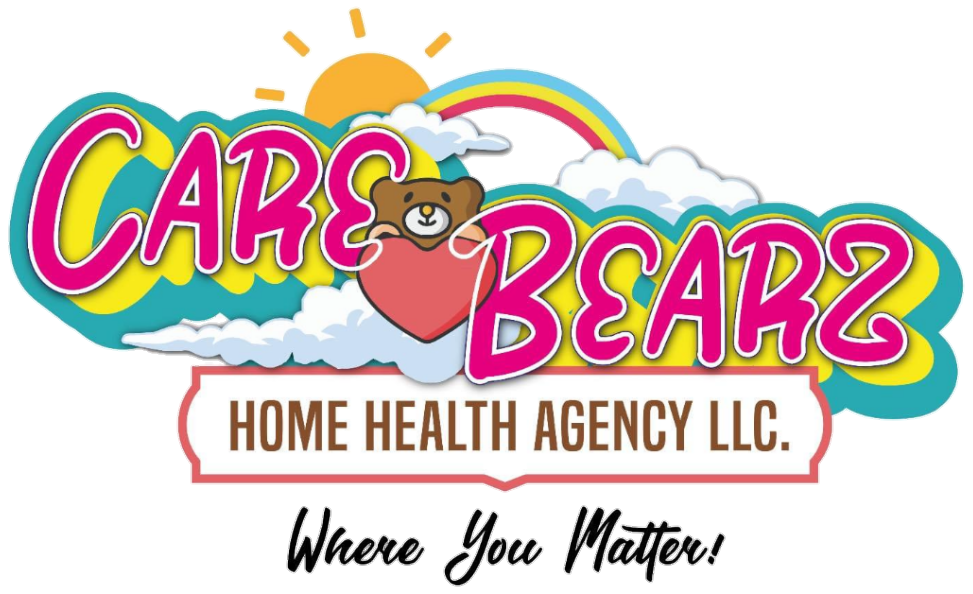What Is Home Health Care? - Care Bearz Home Health Agency
What is Home Health Care?

For a sickness or accident, home health care refers to a broad variety of medical treatments that can be provided there.
Home health care is typically more affordable, practical, and efficient than hospital or skilled nursing facility care (SNF).
Examples of skilled home health services include:
- Wound care for pressure sores or a surgical wound
- Patient and caregiver education
- Intravenous or nutrition therapy
- Injections
- Monitoring serious illness and unstable health status
The main objective of home health care is the treatment of disease or damage.
Home healthcare benefits include:
- Get better
- Regain your independence
- Become as self-sufficient as possible
- Maintain your current condition or level of function
- Slow decline
Check with your plan to see how it provides your Medicare-covered home health services if you receive your Medicare benefits via a Medicare health plan.
Inform your doctor or other healthcare provider whether you have a Medicare Supplement Insurance (Medigap) policy or any other health insurance coverage so that your costs can be paid appropriately.
Your doctor or the healthcare professional who referred you should supply you with a list of local agencies if they determine that you require home health care.
If their company has a financial stake in any of the agencies named, they must disclose it to you.
What should I expect from home health care?
- Doctor’s orders are needed to start care. Once your doctor refers you for home health services, the home health agency will schedule an appointment and come to your home to talk to you about your needs and ask you some questions about your health.
- The home health agency staff will also talk to your doctor about your care and keep your doctor updated about your progress.
- It’s important that home health staff see you as often as the doctor ordered.
Examples of what the home health staff should do:
- Check what you’re eating and drinking.
- Check your blood pressure, temperature, heart rate, and breathing.
- Check that you’re taking your prescription and other drugs and any treatments correctly.
- Ask if you’re having pain.
- Check your safety in the home.
- Teach you about your care so you can take care of yourself.
- Coordinate your care. This means they must communicate regularly with you, your doctor, and anyone else who gives you care.





